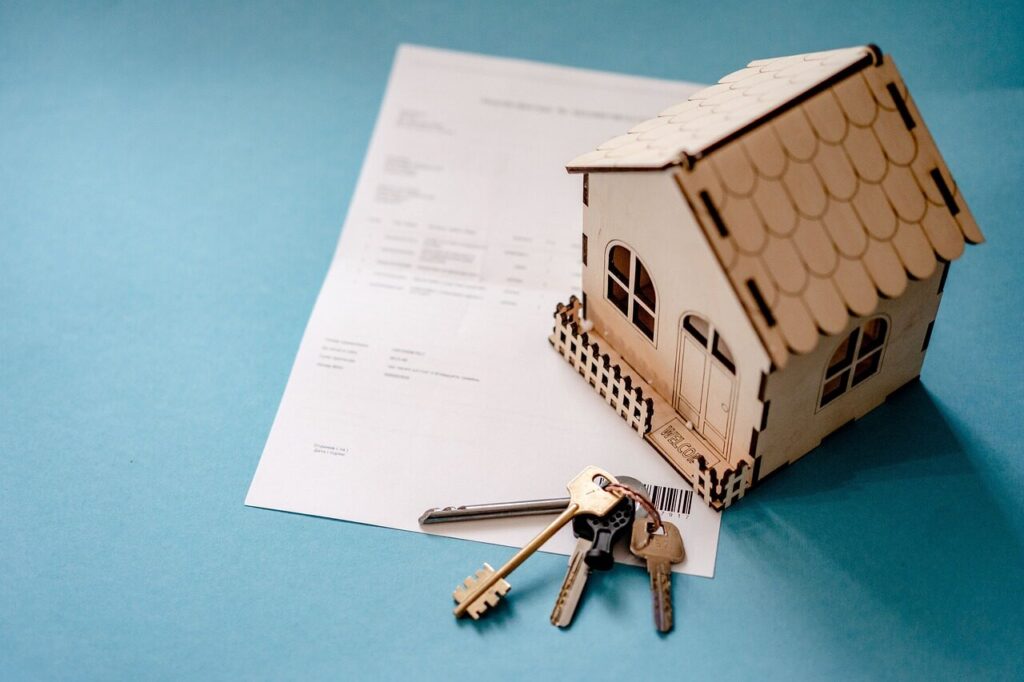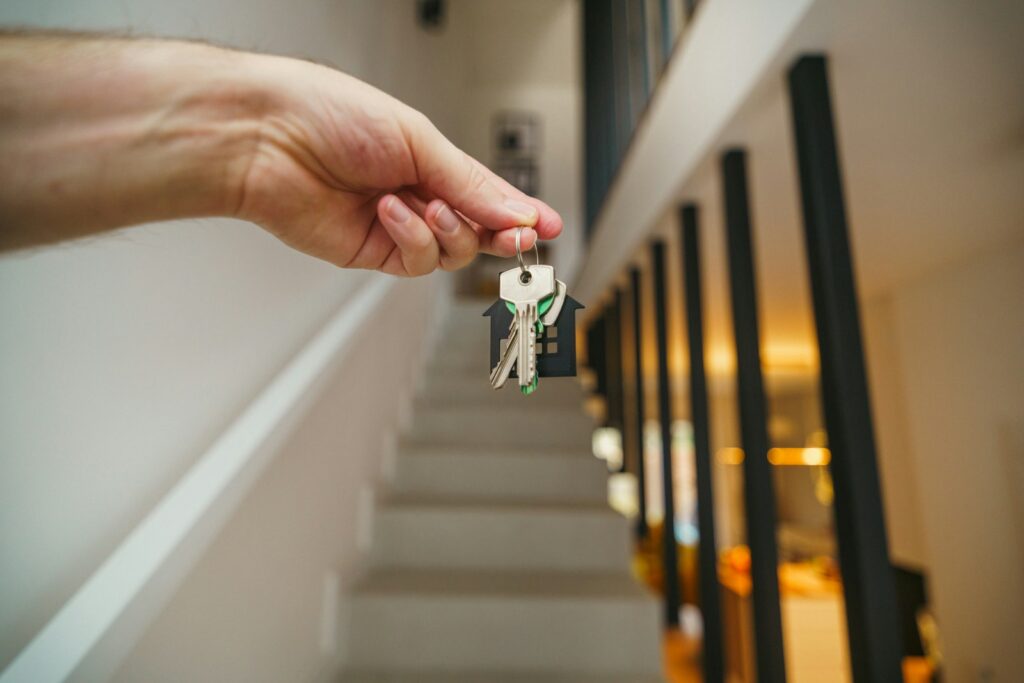Buying your first home is a dream come true for many, but it can also be filled with challenges that are easy to overlook. The process involves not just choosing a house you love but also making smart financial and lifestyle decisions that will affect you for years to come. First-time buyers often get caught up in the excitement and rush through steps that require careful thought. While mistakes are common, being aware of them in advance can save you stress and money. Here are ten mistakes to avoid so your home-buying journey becomes smoother and more rewarding.
1. Not Getting Pre-Approved for a Mortgage

One of the biggest mistakes first-time buyers make is skipping the mortgage pre-approval step. Without pre-approval, you may waste time looking at homes outside your budget or struggle to make a competitive offer when you find the right property. Pre-approval shows sellers you are serious and financially ready, giving you an edge in negotiations. It also provides a clear picture of how much you can borrow, preventing surprises later on. By securing pre-approval, you not only streamline the buying process but also gain confidence in your ability to purchase a home within your financial comfort zone.
2. Overlooking Additional Costs

Many buyers focus solely on the price of the home without considering the extra costs that come with ownership. Beyond the monthly mortgage, you will need to cover expenses such as property taxes, homeowners’ insurance, maintenance, and potential homeowners’ association fees. There are also closing costs like legal fees, inspections, and appraisals. These add up quickly and can strain your finances if you are unprepared. Budgeting for these hidden costs ensures you can afford not only to purchase the home but also to keep it running smoothly without financial stress once you finally move in.
3. Overspending on a Large Home

It is easy to fall in love with a large home that stretches your budget, but this decision often leads to financial strain. A bigger home means higher mortgage payments, property taxes, and maintenance costs. While you may qualify for a larger loan, that does not mean you should max out your borrowing power. Overspending leaves little room for emergencies, lifestyle expenses, or future plans. Instead, choose a home that fits your current and near-future needs while leaving financial flexibility. Remember that comfort and peace of mind matter more than square footage, which you may not even fully use.
4. Ignoring Credit Score and Financial Health

Your credit score plays a crucial role in determining the mortgage rates and terms you qualify for. A low score can lead to higher interest rates, costing you thousands of pesos or dollars over the life of your loan. Many first-time buyers neglect to check their credit before applying, which can result in unnecessary hurdles. Improving your score by paying down debt, correcting errors, and maintaining timely payments can make a significant difference. Taking time to strengthen your financial profile before house hunting ensures you secure better terms and saves you money throughout the homeownership journey.
5. Skipping Home Inspections

Some buyers are tempted to skip home inspections to speed up the process or make their offer more attractive. However, this step is essential in protecting yourself from costly surprises. Inspections reveal hidden issues such as structural damage, plumbing problems, or outdated wiring that could require expensive repairs. Without this knowledge, you risk moving into a home that becomes a financial burden. Even if the inspection does uncover issues, it gives you the chance to negotiate repairs or adjust the price. Investing in a thorough inspection is a small expense that can prevent long-term headaches and regrets.
6. Not Researching the Neighborhood

A beautiful home may lose its charm if the neighborhood does not suit your lifestyle. First-time buyers sometimes overlook researching the surrounding area, which can lead to dissatisfaction later on. Important factors include safety, school quality, commute times, nearby amenities, and long-term development plans. A great neighborhood contributes to your quality of life and also influences property value. Spending time in the area at different times of day can reveal traffic, noise, or other concerns. By doing your research, you ensure the home is not only a good financial investment but also a place where you will feel comfortable.
7. Letting Emotions Take Over

Buying a home is an emotional experience, but letting feelings lead the way can result in poor decisions. It is easy to fall in love with a property and overlook flaws or stretch your budget to make it yours. Emotional decisions often cause buyers to compromise on financial stability or ignore practical considerations. To avoid this mistake, balance excitement with logic by sticking to your budget, checklist, and long-term goals. Viewing the purchase as both an emotional milestone and a financial investment ensures you make a choice that brings happiness without creating future stress.
8. Failing to Compare Lenders

Not all mortgage lenders offer the same terms, and first-time buyers often make the mistake of accepting the first loan offer they receive. Interest rates, fees, and repayment options vary widely, and even a small difference in percentage can amount to significant savings over time. By comparing multiple lenders, you increase your chances of finding a mortgage that suits your financial situation best. It also gives you negotiating power, as some lenders may match or beat competitors’ offers. Taking time to shop around ensures you secure the most favorable financing, reducing long-term costs and giving you flexibility.
9. Neglecting Long-Term Plans

A home is not just a purchase for today but also an investment in your future. Many first-time buyers focus only on their immediate needs without considering how the home will serve them in the years ahead. Will the space accommodate a growing family, career changes, or lifestyle shifts? Is the location one you can see yourself living in for at least five to ten years? Thinking long-term prevents the frustration of outgrowing your home too soon and facing the costs of moving again. A thoughtful approach ensures your home remains practical and valuable for years to come.
10. Rushing the Process

The excitement of buying a home can make some buyers eager to close quickly, but rushing the process often leads to regret. Important steps like researching properties, negotiating offers, and reviewing contracts require careful attention. Skipping due diligence to speed things up increases the chance of overlooking crucial details or making impulsive decisions. Patience allows you to explore more options, evaluate your choices, and secure better deals. Taking your time ensures that when you finally get the keys, you are confident in your decision and ready to enjoy your new home without second-guessing.
Comments